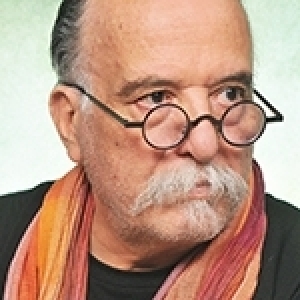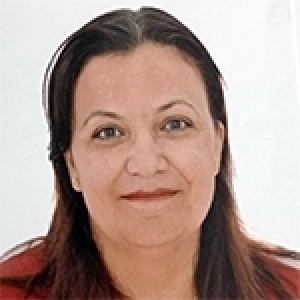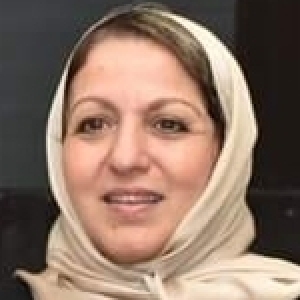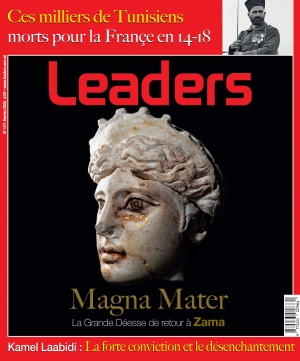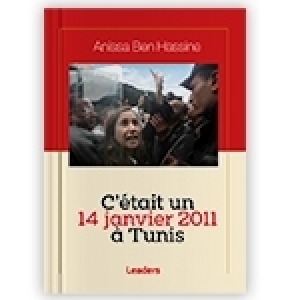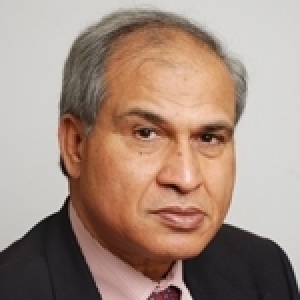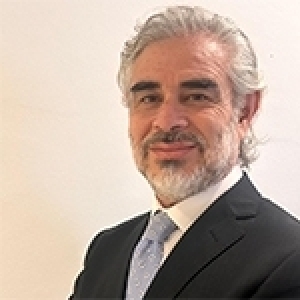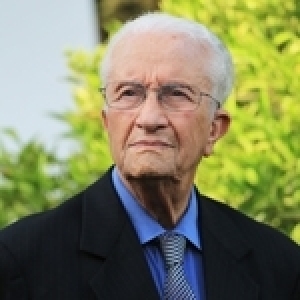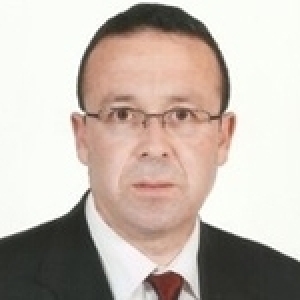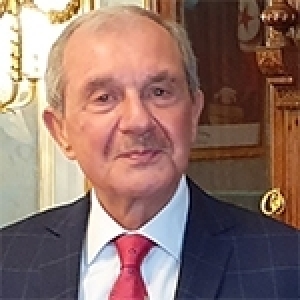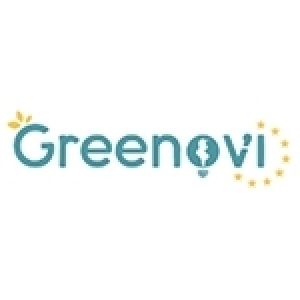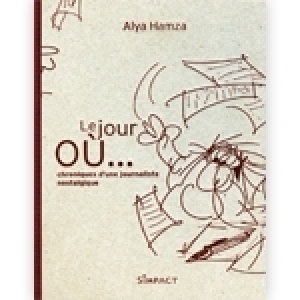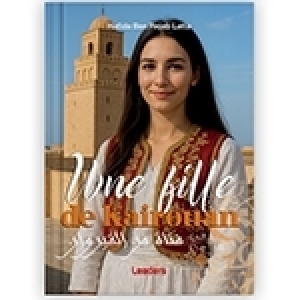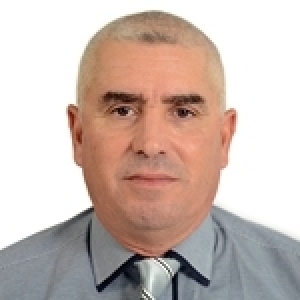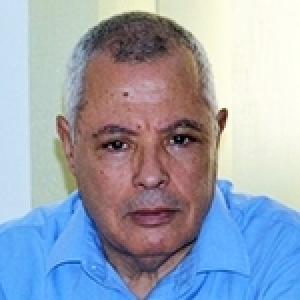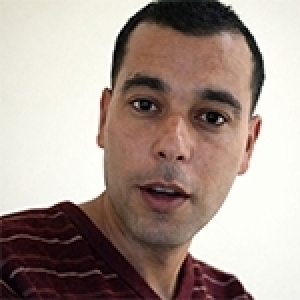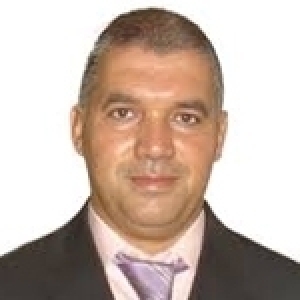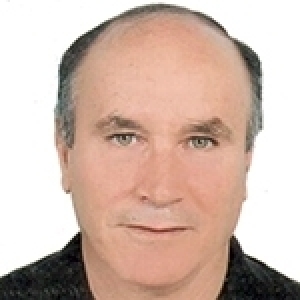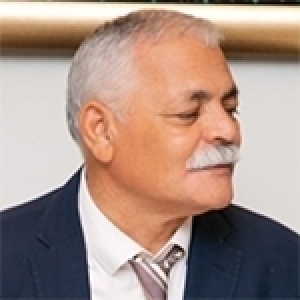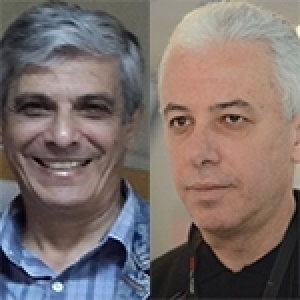Youssef Chahed: Tunisia’s democratic Transition and the challenge for the youth
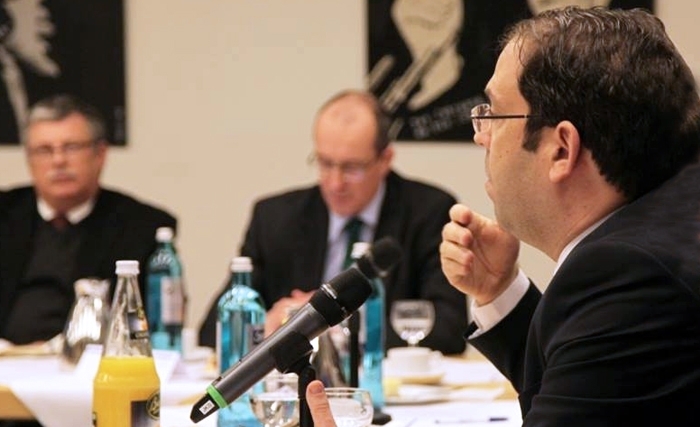
First of all I would like to extend my sincere thanks to Konrad Adenauer Foundation for giving me the opportunity to speak to such a great audience. Today ,it is my honor and my pleasure to be in Germany and to have all those very important and helpful meetings with politicians, think tanks and NGO’s. Germany and Tunisia share a strong friendship based on the pillars of economic cooperation, political dialogue and cultural exchange. I can proudly say that Germany always was, still is and will be a true friend of Tunisia and a principal supporter of our cause.
“What do you think about the Arab Spring?”
His Excellency President Beji Caid Essebsi, when he was prime minister of the transition government 6 years ago, gave this answer: “I think that there is no Arab Spring, but perhaps the beginning of a Tunisian Spring.”
Five years later, we realize that he was right. Indeed, when we look at how events have evolved in the other countries of the Arab Spring, Tunisia definitely stands out as an exception.
Despite the many obstacles along the way, whether in the form of serious political tensions in 2013, or delicate security conditions, or an extremely difficult economic context, Tunisia did nevertheless achieve its democratic transition, without violence and without interrupting the dialogue process.
On the 26 of August 2016, the Tunisian Parliament gave my government, the seventh since the Tunisian Revolution, a vote of confidence and entrusted us with the essential mission of ensuring the country’s safe transition from an increasingly heavy economic and social crisis to the path of economic recovery and democracy building.
Perhaps it is worth reminding everyone that Tunisians have freely and spontaneously, and in the spirit of the civil and democratic character of their revolution, chosen to leave behind a half-a-century old political system characterized par power being monopolized by one side, one color, one party and very often one man.
A constitutional assembly elected in 2011 gave the country a new and modern constitution that guaranteed fundamental rights such as equality between men and women, freedom of thought, gender parity, etc.
The new constitution has put in place real democratic such as the forthcoming creation of a Constitutional Court.
2014 saw the holding of free and fair elections. For the first time, a president and a parliament are elected by universal and direct suffrage and thus political power was transferred peacefully for the second time.
All of these achievements could not have been possible without the involvement of youth and women within the framework of a vibrant civil society. This is why the international community granted the 2015 Nobel Peace Prize to the Tunisian Quartet of civil society organizations for their successful efforts to steer the country away from a serious institutional crisis which had started in the summer of 2013 following the assassination of the Member of Parliament Mohamed Brahmi.
And let me tell you that we have one of the quartet and winner of the Nobel prize Mme. Bouchamaoui president of UTICA present here with us.
And as proud as we are of having succeeded in our political transition, we cannot ignore the country’s security and economic realities.
Tunisia stands in a regional context characterized by a large degree of instability and tremendous complexity.
Like Germany, we were victims of terrorist attacks such as the ones in Bardo and Sousse in 2015. These attacks remind us that our two countries must cooperate in security issues more than ever. To globalized threats, we must offer a globalized response.
And it is easy to understand why Tunisia is being targeted by terrorist groups when we consider the country’s success in building a nascent democracy based on a secular state that is respectful of universal human rights.
It is obvious to us that stability in Tunisia depends on consolidating our achievements on the path of democracy and at the same time on the stability of our European neighbors. International cooperation, especially between Tunisia and Germany, again, has never been more needed and crucial than during the current circumstances.
Like everywhere else in the world, our country is waging a war against terrorism. Unfortunately, we are defending our southern borders, which are also your borders, using our own means.
We find ourselves obliged to reinforce our security capacities and we are doing it to the detriment of other priorities. We are doing it under pricing and delivery conditions which do not reflect a real will to help us facing the urgency of the situation.
Moreover, Tunisia is facing internal socio-economic challenges.
During the previous few years, the successive governments found themselves cornered into implementing expansionist budgetary choices and decisions because of strong social pressure. These solutions were theoretically ill-advised but, honestly, I do not see any other alternatives were possible in order to contain a potentially explosive social situation.
The results of these policies are reflected into a current difficult situation in public finances. The budget increased from 18 to 32 billion dinars and the national debt more than doubled to reach 55 billion dinars. The national deficit stands now at 6% of the GDP.
Wages in the public sector have increased from a total of 6 billion dinars to a total of 13 billion dinars, or more than 14% of the GDP.
Today, we are determined to straighten out public finances and speed up growth through public and private investments. Our government started to put in place the necessary framework and tools needed to make Tunisia regain its natural place as a regional hub between North Africa and Sub-Saharan Africa and a bridge between Europe and Africa.
And in the next coming weeks we will speed up the process of clearing up and reforming regulations so as to turn Tunisia into one of the most attractive investment sites in the Mediterranean basin.
And we will succeed in our task because we have not only strong motivation but also support, friends and support from our main partners such as Germany, so as to enable this young democracy to complete its democratic transition and consolidate its gains.
Today we Tunisians build the frontline of democracy and freedom against the radical threat of ISIS and the gap to Europe.
We are embracing the future with determination and confidence and we are relying in our mission on the sense of duty and patriotism of the country’s social partners, our youth’s capacity to innovate, and the resilience of our business sector.
Talking about youth, we have the highest educational standard in the Arabic world. Our population is intellectually prepared for the changes and challenges of democracy. We are less tied to the dogmatic ties of radical Islam, proven by the fact that women’s rights in our country are meeting European levels. It shouldn’t be forgotten that we had a long-standing student exchange with European countries. The cultural influence and intellectual exchange makes us Europe’s strongest ally in this area. But these young and well educated people need a perspective within their country, they deserve a brighter future. They need jobs in order to earn a living and provide food, a home and good education for their children.
And that is why today, Tunisia is in need of a massive and effective economic support; it needs an economic boost.
In short, Tunisia is a free and open country sharing with the Old Continent the commitment to freedom and equality.
As you can see, Tunisia is currently at the forefront of the fight for the universal values of the rule of law, democracy, and human rights; but also for the values of solidarity and fraternity. We have undertaken our Revolution for Dignity so that we leave a just, equal, and open Mediterranean society to future generations.
I strongly believe that Tunisia represents the least complicated, the least expensive, and most impactful problem that would allow all of humanity to understand that a peaceful democratic transition is possible in the Arab-Muslim world.
And I do believe that Germany and the German people, that you all are beyond the shadow of a doubt witnessing a great moment in the history of my country and of the region. It’s all up to you to become active partners.
Youssef Chahed
Speech at the Konrad Adenauer Foundation, Berlin, Tuesday 14th of February,
- Ecrire un commentaire
- Commenter

